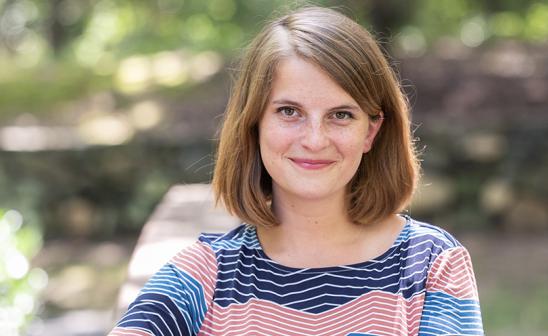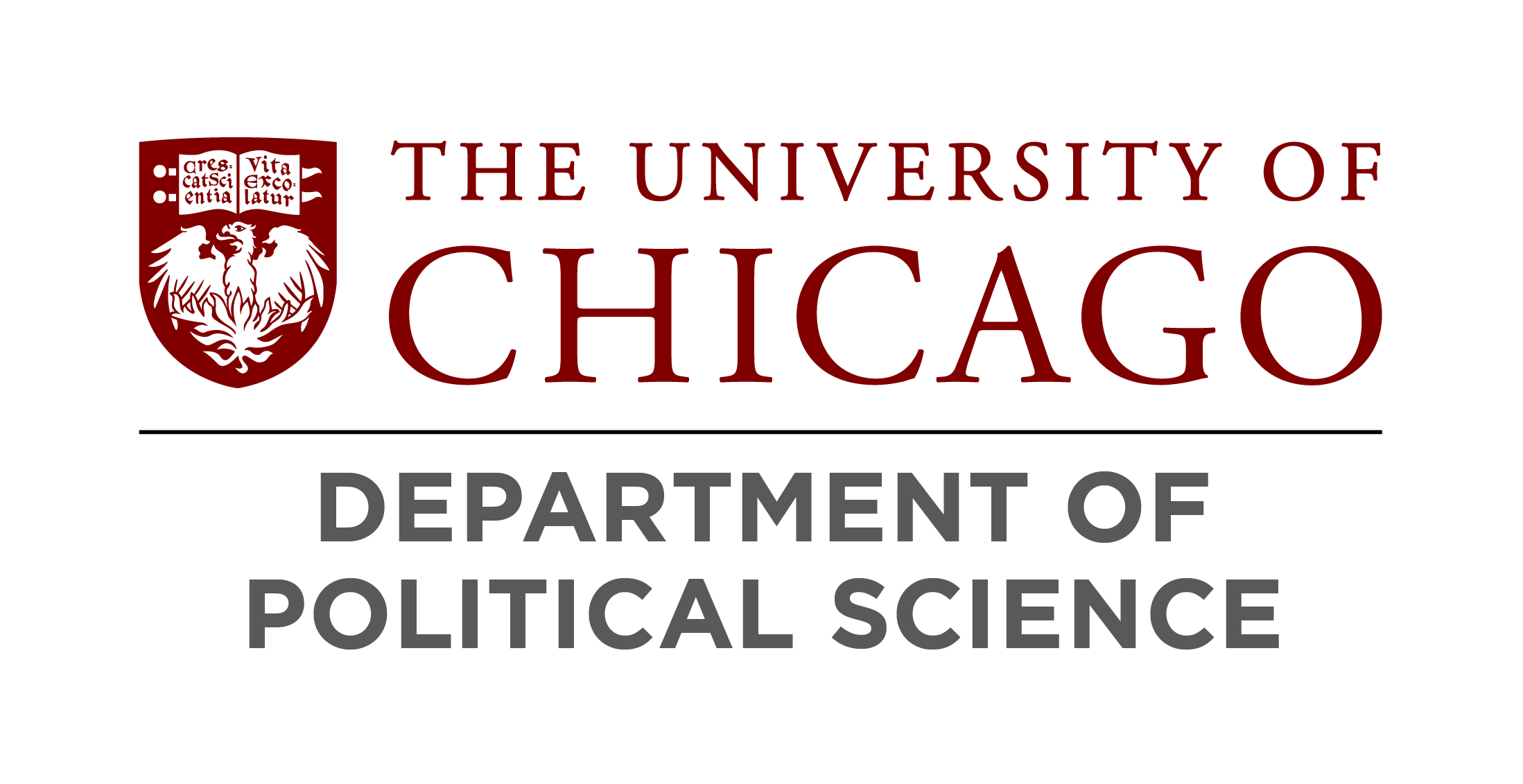New postdoc program offers industry experience

The collaboration between SSD and Morningstar launched this year, providing a look at the overlap between academic and industry research.
By Sarah Steimer
Pursuing an advanced degree requires a deep integration into academia — but not every career pursued after graduation remains there. Given that diversity of career interests among PhD students and alumni, the Division of Social Sciences introduced the Private Sector Postdoc Position, created in partnership with Morningstar. In addition to opening PhD students and recent PhD alumni to careers in the private sector, it is an opportunity to learn about and include data from the private sector for academic research.
“The Social Science Division has always sought to support the career advancement of its PhD students, and this program was a response to the reality of an increasingly challenging academic job market,” says Robert Vargas, Deputy Dean of the Social Sciences. “This program is an ambitious effort to open doors for PhD students to consider pathways into the private sector.”
Per Lee Davidson, chief analytics officer at Morningstar, the motivation for the firm was to bring in talent to help Morningstar investigate questions that could impact how they serve investors around the world.
“This program is helping the social science division's culture evolve to support more diverse career paths for our PhD students,” Vargas says.
Zhenya Olimpieva, PhD’23, earned her degree in political science and is the first to hold the postdoc position. Olimpieva is a comparative political scientist whose research has focused on authoritarian regimes. Although working at a financial services firm may not seem like an obvious complement to studying how autocrats gain or consolidate power, Olimpieva was drawn to the chance to remain open to both academic and industry opportunities.
Under the program, the postdoc is expected to spend half of their time working on a research project with Morningstar employees or data, while the other 50% of their time may be dedicated to the pursuit of their own research.
“My knowledge of authoritarian regimes and legal bureaucracies is not super transferable to my work at Morningstar,” Olimpieva says. “But the quantitative skills that I have, the interview skills that I've developed, and — more broadly — my research mindset has been really helpful.”
Davidson emphasizes that the best research benefits from diverse perspectives. As the firm begins to branch into different investment areas, working with postdocs who have a broader knowledge base provides a perspective for Morningstar to draw on.
Olimpieva’s first project has focused on market research and data analysis There’s new, untapped data on financial advisor behavior that the company is looking to analyze. This data, she says, is similar in structure to the bureaucratic data she worked on for her dissertation — allowing Olimpieva to quickly see areas where she could be helpful.
“It's kind of like a literature review,” Davidson says. “But instead of academic theorists being the focus of a literature review, it looks at what some of the competitor vendors in the space are doing to provide some of these insights.”
While Morningstar is benefitting from more diverse perspectives, it hopes to provide the postdocs with the experience of doing research in a for-profit, corporate setting: the tempo, the systems, the constraints.
“It's kind of incredible how similar the process is, but the pace is very different, the way in which people post questions is very different,” Olimpieva says. “I'm really looking forward to gaining these industry-specific skills that will hopefully give me an advantage in the job market.”
The program is still in its early stages, but all parties have called it a success for its ability to expand the participants’ horizons.
“It's been great to see two Chicago powerhouses partnering together,” Davidson says.
 THE UNIVERSITY OF CHICAGO
THE UNIVERSITY OF CHICAGO

